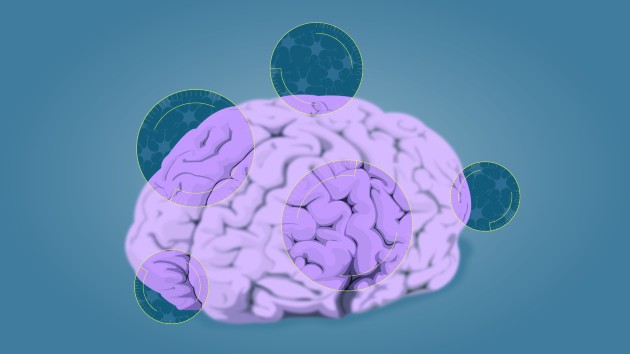Focus |
Collections
Filters
-
Collection Type
-
-
-
Focus |
Tumour immunology & immunotherapy
This joint Focus issue from Nature Reviews CancerandNature Reviews Immunologyfeatures specially commissioned articles that discuss the promise of immunotherapy to treat cancer and how key immune cells function in the tumour microenvironment.
-
Focus |
Cancer Proteomics
This Focus issue of specially-commissioned articles reflects the recent insights gained from proteomics in understanding the molecular biology of cancer, and the future promise of applying proteomics to the clinic.
-
Focus |
Hypoxia and metabolism
Hypoxia can influence tumour formation, progression and therapy in several ways. It has, among other things, been linked to driving angiogenesis, therapeutic resistance and pathological changes to metabolic pathways. This Nature Reviews CancerCollection on Hypoxia and metabolism includes a selection of recent Reviews, Perspectives and Research Highlights that provide insight into the roles of these processes in tumour biology and therapy.
-
Focus |
p53 — 30 years on
To celebrate the past 30 years of research on p53 this Focus issue of specially-commissioned articles reflects the history and emerging directions that will be important for future research on this multi-talented protein.
-
Focus |
Migration and metastasis
The resurgence of interest in the underlying processes of metastasis has led to significant new insights and translational developments. The specially commissioned articles in this Focus on Migration and metastasis discuss the new and re-emerging models and pathways that have been redefined with regard to their role in metastasis and metastasis suppression.
-
Focus |
Targeting Angiogenesis
Although anti-angiogenesis agents targeting vascular endothelial growth factor (VEGF) pathways are already in clinical use and can effectively treat some cancers, there is a continued need for development of new angiogenesis inhibitors to circumvent resistance or reduce toxicity. Articles in this Focus issue describe some of the emerging targets for new anti-angiogenic therapies in cancer and also discuss our evolving knowledge of VEGF inhibitors based on results from the clinic.
-
Focus |
Biomarkers
Biomarkers are invaluable tools for cancer detection, diagnosis, patient prognosis and treatment selection. This focus discusses issues surrounding important genetic, epigenetic and protein biomarkers of cancer, including how these can be used to better understand tumour formation and to develop new therapeutic approaches.
-
Focus |
DNA methylation
Epigenetics — the study of heritable changes in gene expression or function that occur without a change in the DNA sequence itself — is proving to have an increasingly important role in both human development and disease, particularly cancer.
-
Focus |
Cancer vaccines
The development of cancer vaccines is not a new idea. In the late nineteenth century William Coley and colleagues observed that spontaneous tumour regression, although rare, often occurred after patients had mounted an immune response to an opportunistic infection. These ideas spawned many years of research into cancer vaccines, which, although successful in the laboratory, proved highly disappointing in the clinic.
-
Focus |
Kinases in cancer
We examine the role of kinase signalling in cancer and the potential for developing effective therapies that can modulate various kinase pathways. Following the success of targeted kinase inhibitor therapies such as imatinib and gefitinib this continues to be a fast moving area of research.

 Brain tumours
Brain tumours
 Tumour metabolism
Tumour metabolism